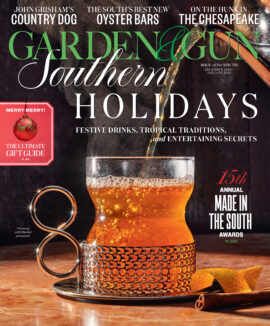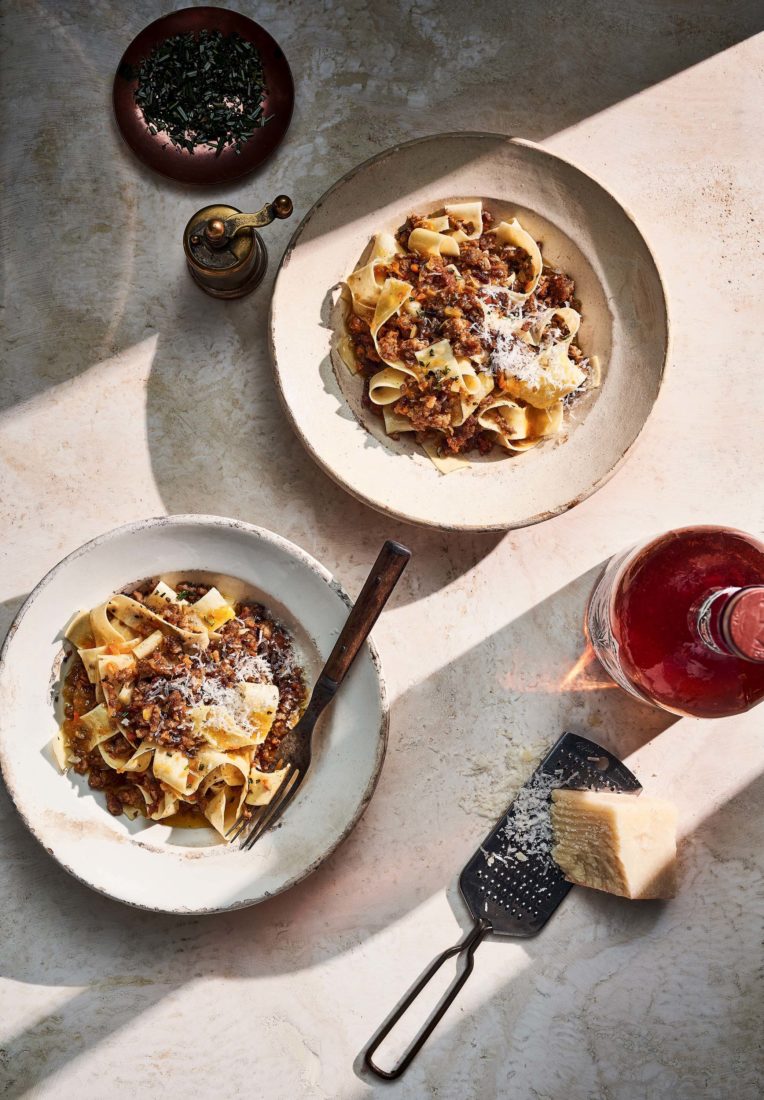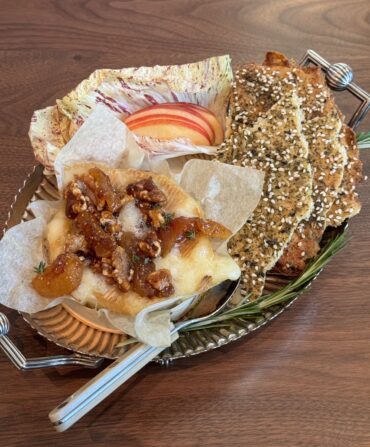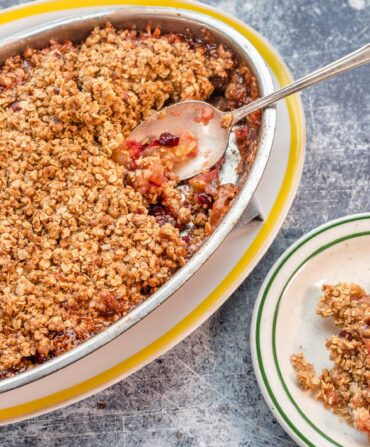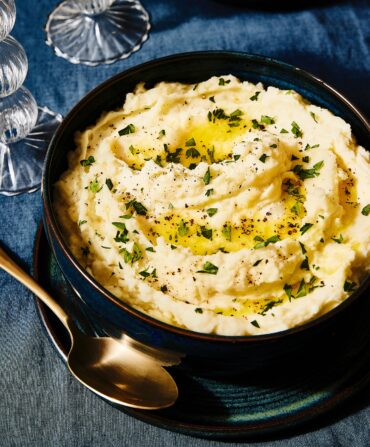Nearly any Southerner who grew up in the country—whether on one acre or ten thousand—has seen the damage feral hogs do, trampling and uprooting crops and native plants alike. Raised in a North Texas cattle-ranching family, Taylor Hall experienced firsthand the destruction—and one potential solution. “Some of the cowboys I worked with would kill them for pig roasts, gumbo, and so forth,” he says.
After graduating with a degree in U.S. history from the University of the South in Sewanee, Tennessee—“My parents told me: ‘We’ll support you becoming a chef, but we demand you get an undergraduate degree first’”—Hall kicked around California kitchens before returning home to open his own restaurant, Apis, in the hills outside Austin. A must for his menu: wild pig. “I knew it was good because I’ve had it my whole life.” So he called the family friend who’d taken over managing his parents’ ranch and asked him to trap a few—females, between 120 and 160 pounds. (“A boar is a male,” Hall explains, “and it’s a lot more gamy.”)
Hall compares the meat with beef. “It’s a lot darker because it’s an animal that moves around a lot, so there’s more blood in its muscles. And with that, you’re going to get more of that iron-y, metallic flavor.” At Apis, Hall cures the meat for charcuterie and grinds it to make a traditional, slow-cooked Italian ragù, a.k.a. Sunday gravy. “We grind in about twenty percent domestic fatback and stew it for a really long time.”
Though wild pigs are prolific, their meat can be difficult for home cooks to acquire. To approximate the flavor, Hall suggests grinding regular pork with the kind of organ meat you can find at nearly any butcher shop. “I like to use fowl hearts or chicken livers, but pork liver would be great, too,” he says. “It’s a perfect way to get the kind of deep, rich, wild flavors you’re after.”

